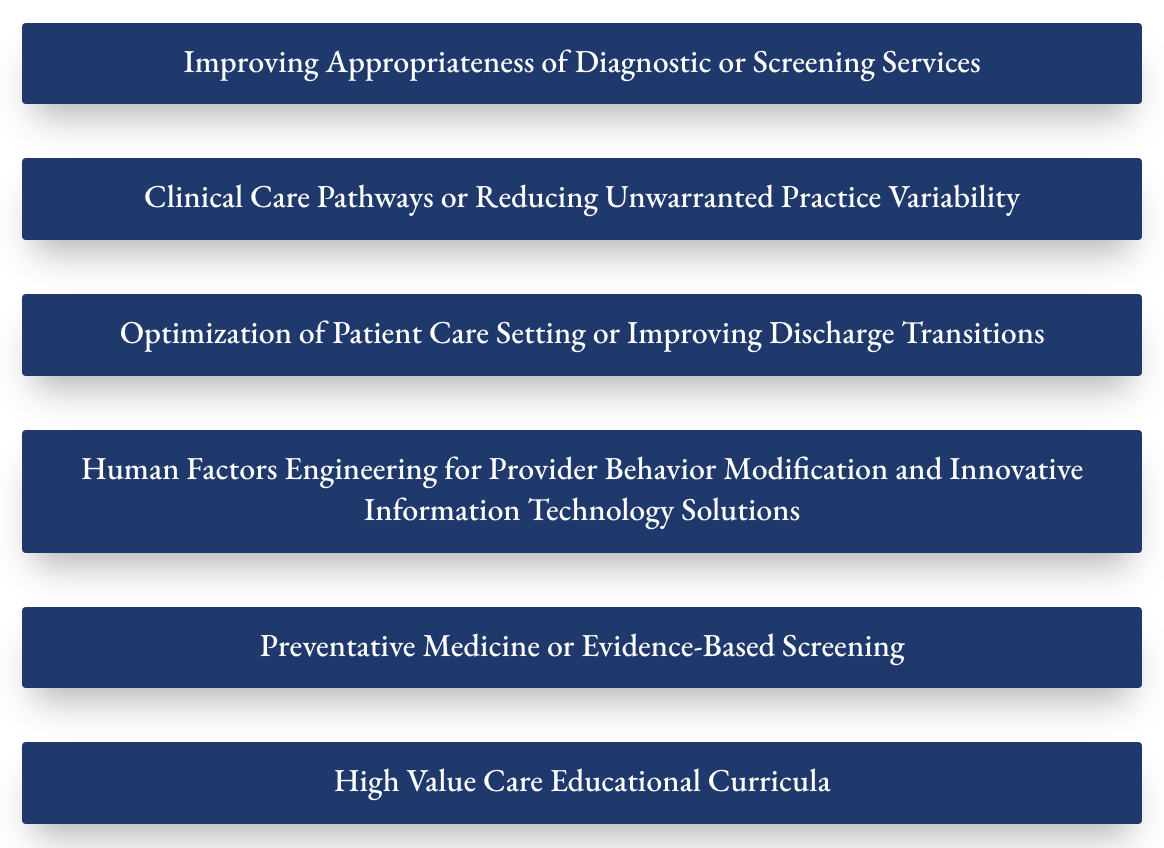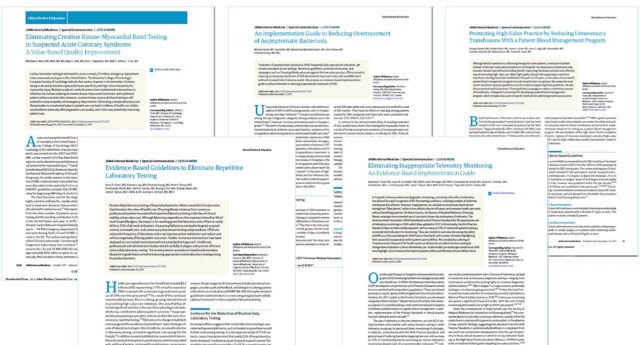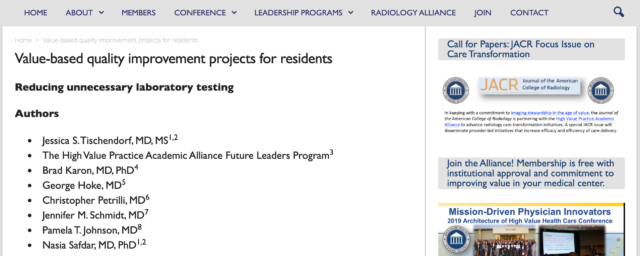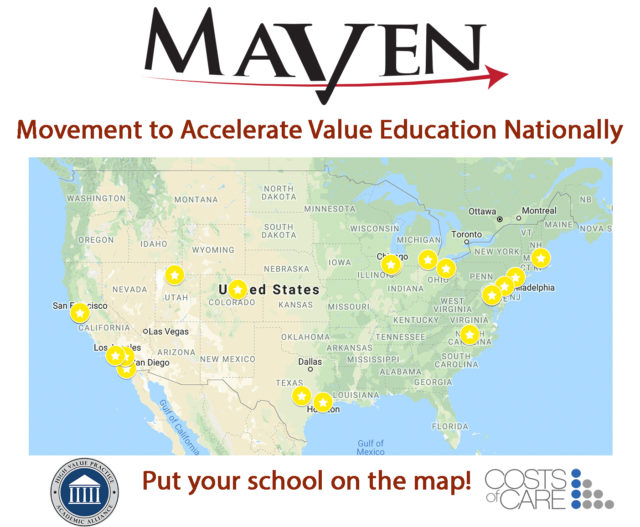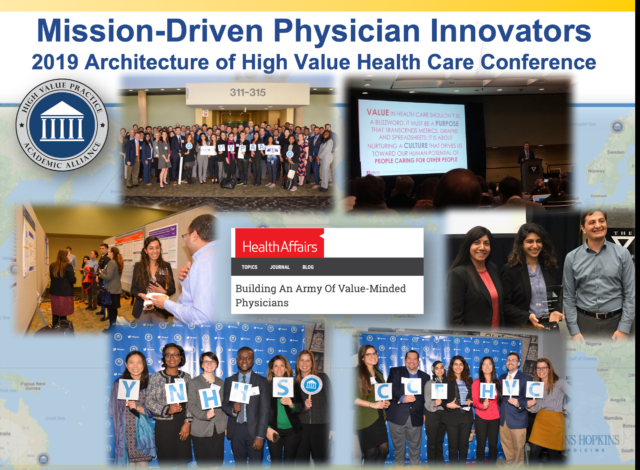From the 2022 HVPA National Conference
Noor Kawmi B.S. (Pennstate College of Medicine), Brian McGillen M.D.
Background
Overuse of resources in healthcare affects not only patients, but also providers and health systems and stems from causes related to the clinician training environment, habits, and a desire to meet patients’ expectations of thoroughness and perfection.1,2 It is estimated that up to 30% of medical care offered in Canada and the US offers no value to patient care and may contribute to harm due to over-testing, misdiagnosing, or contributing to global issues like antimicrobial resistance.3 With the COVID-19 pandemic negatively impacting the financial resources of individuals and institutions, it is becoming even clearer that reducing the number of unnecessary tests and procedures is an essential need.
Objective
Our purpose is to increase awareness of healthcare workers of the Choosing Wisely campaign with the ultimate goal of gradually reducing the number of routine tests and referrals generated by the PennState Health Family and Community Medicine clinics for yearly physical exam visits.
Methods
In addition to using the Choosing Wisely Campaign website, we performed a literature search in order to tailor the implementation steps to family medicine clinics and design the simple 3 steps approach below:
1. Learn it: Educate healthcare professionals and staff about the campaign and its ultimate goals. Incorporate “new-hire” packets. Share Choosing Wisely PSAs during lunch and learn events.
2. Show it: Spread flyers, brochures, and wallet cards within the clinic waiting rooms and offices, and new patients’ packets. Use Choosing Wisely logos in virtual appointments backgrounds.
3. Talk about it: Encourage patients to ask questions, layout all options available, and indulge in open and honest bidirectional conversations
Results
Consulting the AAFP Choosing Wisely recommendations, we will focus on assessing the number of PSA screenings in asymptomatic males, annual EKG screenings in asymptomatic adults, imaging for low back pain within 6 months of symptoms, and referrals to orthopedic surgery, general surgery, and otolaryngology as the top 3 identified specialties of referrals by FM physicians.4
The project will be assessed over a period of 6 months at the PennState Health FCM clinics using the EMR records.
The success of this project will be by observing a steady reduction in numbers in the first three months and a gradual decline over the next 3 months with a goal reduction of 30% in the number of aforementioned tests, imagings, and a 15% reduction in referrals by the end of the 6 months.
Conclusions
With the continued overuse practices in healthcare facilities, incorporating a more financially conservative approach in healthcare has become more important than ever. Our proposed Choosing Wisely implementation approach for family medicine clinics–Learn it, Show it, Talk about it provides an easily implemented way to incorporate these recommendations as a way to increase the value of healthcare dollars spent.
Clinical Implications
Research shows that the environment where medical students, residents, and new physicians train greatly influences the way they go on to practice medicine for the rest of their careers.5 The PennState Health FCM clinics are home to many residents, medical students, and young practicing physicians which is another added benefit of this intervention and a great investment in the future of medicine. Our proposed approach provides an efficient and easily-implemented way toward the goal of providing higher-value care. It is easily reproducible at other clinics, residency programs, and medical school curricula.
